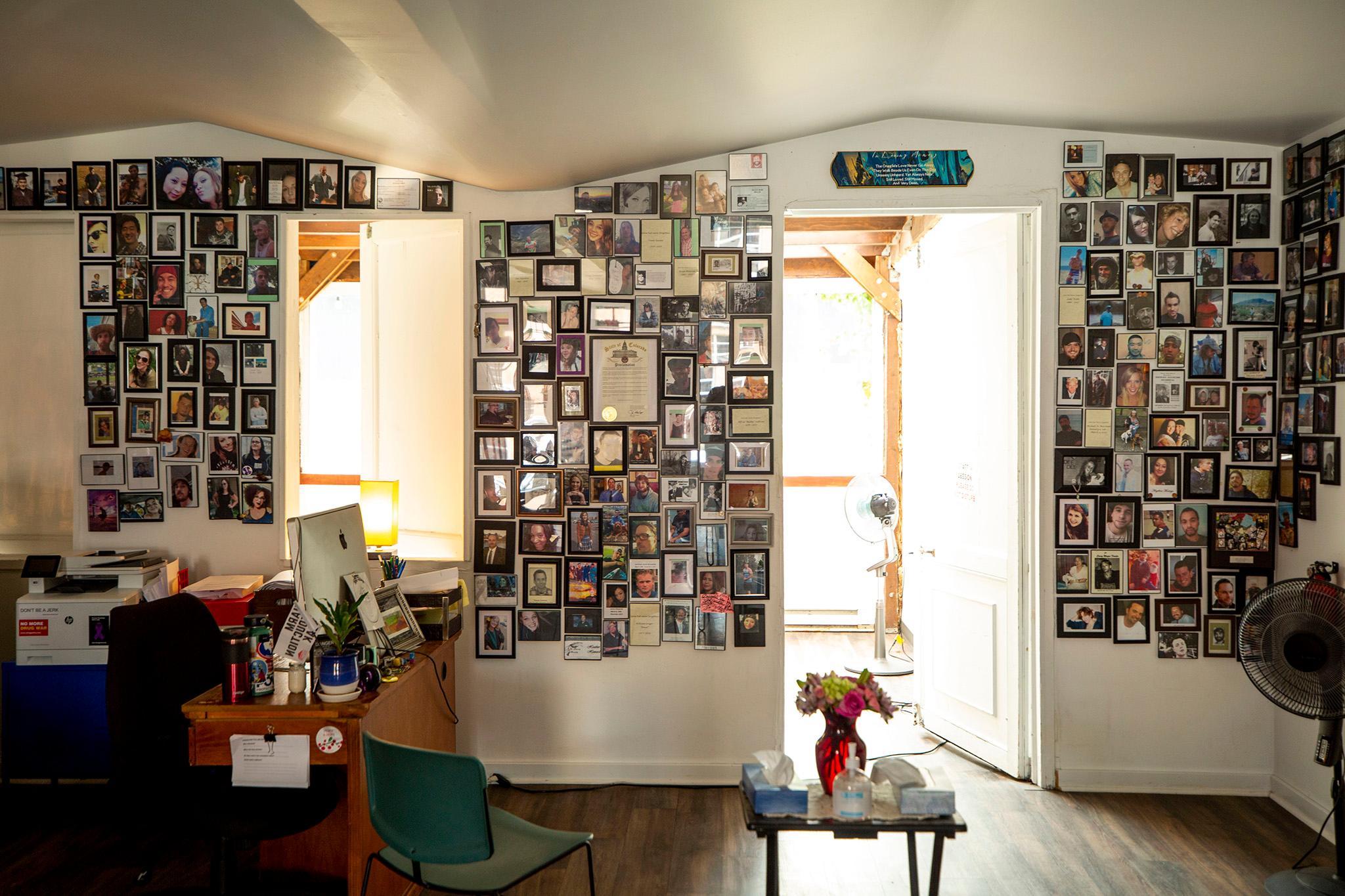Denver has given out $4.8 million in recent grants to educate the public about drug use, expand access to treatment and work on harm reduction strategies.
The money comes from the city's Opioid Abatement Settlement Funding from the Colorado Attorney General's office via the settlement in lawsuits against pharmaceutical companies accused of willfully fueling the opiate crisis.
Since 2022, the Attorney General's Office has given Denver nearly $7.2 million in funds to distribute and more will be given over the next 15 years. The state believes it will have $750 million in total to distribute to 312 local governments.
"Denver took an innovative approach to the distribution of Opioid Abatement Funds by putting them in the hands of organizations in our community working directly with people impacted by the opioid epidemic," Mayor Mike Johnston said. "These projects will reduce overdoses, increase accessibility to care, and will ultimately save lives."
In total, 15 organizations won grants from the city.
The Naloxone Project received funding to work with the Department of Public Health and Environment to train roughly 3,000 first responders on assessing overdose risk and using the opioid-overdose-reversal drug Naloxone. Additionally, 5,000 doses of Naloxone will be given to first responders.
The Colorado Health Network will make it easier for people who use drugs to receive mental and physical healthcare, including treatment. The group will also have a behavioral health clinician available at its harm-reduction program who can meet with people who use drugs are are interested in accessing services. The money will also fund training and higher compensation for staff.
The Denver Health and Hospital Authority will create a youth network to prevent overdose and engage young people who use opioids and need support.
The group Advocates for Recovery will expand services for communities of color impacted by opioid use and overdose. That will include training staff, doing an equity audit of the organization's work and policies, creating a justice, equity, diversity and inclusion advisory committee, and hiring a director to oversee that work.
Other groups the city has funded include 5280 Recovery High School, Biobat Analytics, Circuit Media, LLC, the Harm Reduction Action Center, Luceo CMG, Tribe Recovery and Young People in Recovery.
"The first round of projects using Opioid Abatement Funding exemplify the important work happening in our community to address the opioid crisis," said Bob McDonald, DDPHE's interim executive director, in a statement. "We are proud of the creative strategies selected, which are vital to addressing opioid use in Denver."











